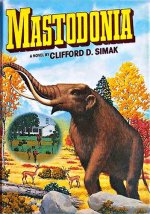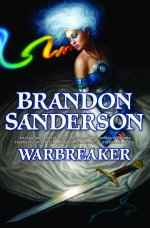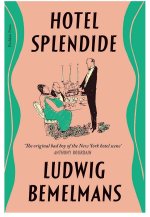lizkat
Watching March roll out real winter
- Joined
- Aug 15, 2020
- Posts
- 7,341
David Halberstam's The Fifties. I was still a little kid for some of it, and so saw that era moment to moment, not as a decade in the arc of American and world history, even though I learned early to be curious about world events. Fascinating to catch up with more of the background, past memory of newspaper headlines and dinner table discussions of the news on a given day.
The book is a tome, which is fine, and I like skipping around in the e-book version. However, shame on the editors for not building out some descriptive headings for chapters past just numbering them. I've had either to highlight a few phrases or insert notes so I can flip back to start of a particular chapter more easily when desired. A chapter named "Twenty-seven" just doesn't cut it...
The book does have an interactive index though, which plenty of nonfiction e-books could use but still don't have, so kudos to editor and publisher for that.
The book is a tome, which is fine, and I like skipping around in the e-book version. However, shame on the editors for not building out some descriptive headings for chapters past just numbering them. I've had either to highlight a few phrases or insert notes so I can flip back to start of a particular chapter more easily when desired. A chapter named "Twenty-seven" just doesn't cut it...
The book does have an interactive index though, which plenty of nonfiction e-books could use but still don't have, so kudos to editor and publisher for that.



